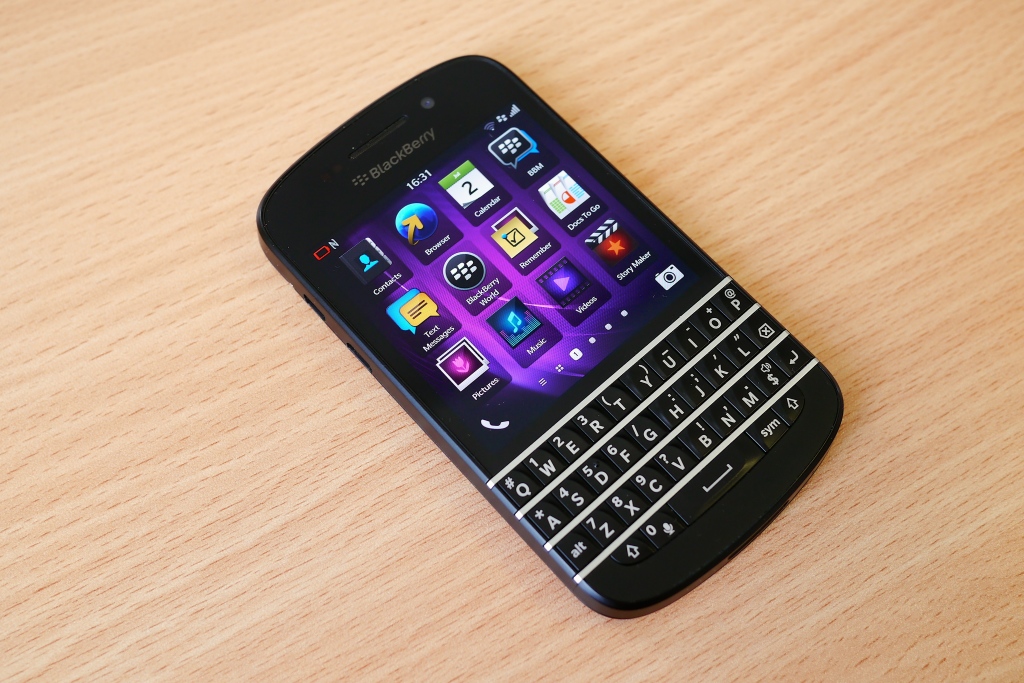
BlackBerry is reaching back to its CrackBerry heyday in hopes of winning back customers who once were among the smartphone company’s most loyal users.
The curtain lifts on the BlackBerry Classic this morning at an event in New York City for the media, analysts and some customers.
Chief executive John Chen will deliver a keynote speech about the device at 10 a.m. ET, followed by presentations from some corporate partners.
The Classic is designed to look and work like an updated version of the Bold 9900, which became the company’s best-selling device when it was released in 2011.
Since Chen joined the company a year ago, he has focused on improving the finances of BlackBerry and rescuing its reputation with business customers.
Among other things, he has been a staunch supporter of resurrecting a phone for clients who said they wanted devices that weren’t so dramatically different from past BlackBerrys.
BlackBerry has tried to move beyond those older models with the launch of a new operating system and the BlackBerry Z10 and Q10 devices.
However, the company has seen its market share decline at a rapid pace as longtime customers switched to Apple’s iPhone, Samsung’s Galaxy and other devices in escalating numbers.
Returning to the Classic model are some familiar features of older BlackBerrys including a “belt” of physical keys placed below the screen that included menu buttons and a small track pad.
What’s different from the older phones is a larger screen and improved battery life.
Chen said he sees potential for the Classic to catch on with smartphone users who haven’t warmed to the growing number of touchscreen phones.
“We could capture new markets and new users with the Classic,” Chen said at a roundtable with reporters earlier this fall.
On Tuesday, Export Development Canada announced US$850 million in financial assistance being given to European telecom giant Vodafone, with the majority of the money being allocated to BlackBerry.
Under the five-year agreement, Vodafone will spend $750 million on BlackBerry’s handsets, software and support services.